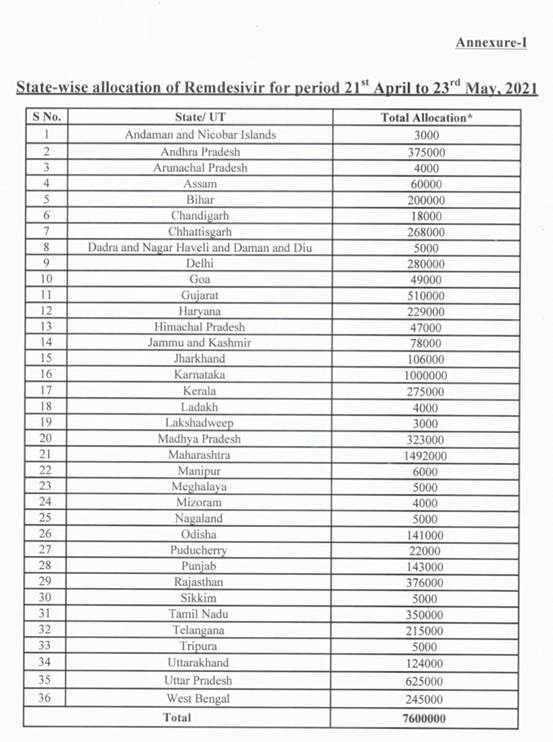November 8, 2024 – The spread of mpox across Africa has shown signs of slowing down, but the epidemic remains far from over, the Africa Centres for Disease Control and Prevention (Africa CDC) reported Thursday. While the number of new cases has decreased slightly in recent weeks, the situation continues to be dire, particularly in Central Africa, which accounts for the bulk of infections and deaths.
According to Africa CDC, 15 countries across the continent recorded 11,453 mpox cases in the last four weeks, down from 12,802 cases during the previous period. Despite this small decrease, Africa CDC Director Jean Kaseya emphasized that the epidemic is still in the acute phase.
“We are still in the acute phase of the outbreak, which is pushing us to double our efforts to control mpox in Africa,” Kaseya said during an online briefing. “Unfortunately, we are still losing a number of people,” he added, acknowledging the ongoing severity of the situation.
Since the beginning of 2024, African health authorities have reported a total of 50,840 cases of mpox and 1,083 deaths. The majority of the cases, more than 85 percent, are concentrated in Central Africa, with the Democratic Republic of Congo (DRC) being the hardest-hit country. The DRC has recorded over 39,000 cases and more than 1,000 deaths this year alone.
In response to the outbreak, the DRC launched a vaccination campaign in October. However, the effort remains limited, with just 51,649 people vaccinated across six provinces, according to Africa CDC. The campaign aims to contain the spread of the virus and prevent further loss of life.
“With these vaccines, we hope to continue supporting countries to stop this outbreak,” Kaseya said, emphasizing the importance of vaccination in curbing the epidemic.
Global health agencies have allocated nearly 900,000 doses of the mpox vaccine to nine African countries most affected by the surge. The largest share of these vaccines—85 percent of the total allocation—will go to the DRC, which has accounted for the vast majority of laboratory-confirmed cases in Africa this year.
Mpox, formerly known as monkeypox, is caused by a virus that is typically transmitted to humans from infected animals, though it can also spread between humans through close physical contact. Symptoms include fever, muscular aches, and large, boil-like skin lesions. While the disease is often not fatal, it can be deadly, particularly in regions with limited access to healthcare.
Health experts continue to urge governments and local authorities to ramp up control efforts as the virus spreads. The Africa CDC has called for increased vigilance, better surveillance, and enhanced vaccine distribution to combat the ongoing threat of mpox.











